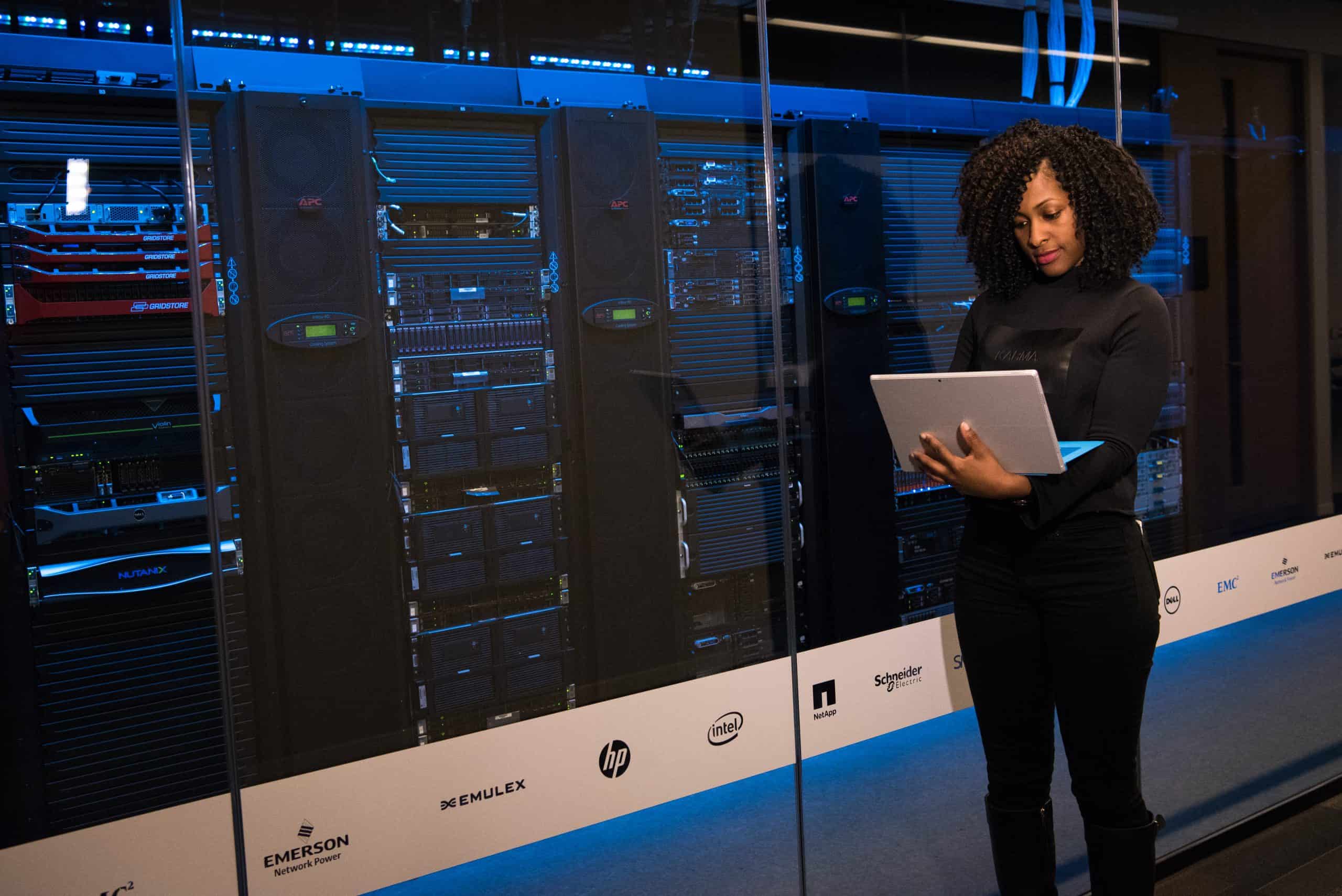In today’s digital landscape, data architecture stands as the cornerstone of modern business operations, serving as the framework that empowers organizations to extract maximum value from their data assets. With its sophisticated tools and techniques, modern data architecture has transcended mere infrastructure to become a strategic enabler of innovation and transformation across diverse industries. Businesses are increasingly turning to modern data architecture consulting to navigate the complexities of implementing and optimizing these frameworks. From healthcare to automotive, organizations leverage advanced data architecture to streamline operations, drive insights, and stay ahead in a rapidly evolving marketplace.
Why Modern Data Architecture is Essential for Business Innovation
In today’s hyper-connected world, businesses across all sectors are inundated with vast amounts of data. From customer preferences to operational metrics, this data holds valuable insights that can drive innovation, enhance efficiency, and fuel growth. However, traditional methods of data management and analysis are often inadequate in harnessing the full potential of this wealth of information. This is where modern data architecture steps in, offering businesses tools and techniques like accelerated hardware and composable engines to unlock actionable insights from their data assets.
By leveraging advanced analytics, artificial intelligence, and cloud computing, modern data architecture enables organizations to gain a competitive edge in today’s data-driven marketplace.

Now, let’s explore how modern data architecture is transforming industries and revolutionizing business practices across various sectors.
Healthcare: Revolutionizing Patient Care
In healthcare, modern data architecture is fundamentally altering how patient care is delivered and managed, especially with the integration of healthcare software solutions. Through the implementation of electronic health records (EHRs) and other innovative software platforms, healthcare providers can now access comprehensive patient data instantaneously, leading to more informed decision-making and personalized treatment plans. Moreover, advanced analytics and machine learning algorithms, embedded within these healthcare software solutions, are being leveraged to identify disease patterns, predict outbreaks, and optimize resource allocation within healthcare facilities. This data-driven approach not only enhances clinical outcomes but also drives operational efficiencies, ultimately reducing costs and improving patient experiences.
Education: Personalizing Learning Journeys
In the education sector, modern data architecture is driving the shift towards personalized learning experiences. By harnessing data analytics and artificial intelligence, educators can gain insights into individual student performance, learning styles, and preferences. This enables the creation of tailored curricula and adaptive learning platforms that cater to diverse student needs. Furthermore, data analytics can help educational institutions optimize administrative processes, streamline admissions, and improve retention rates by identifying at-risk students early on. As a result, modern data architecture, supported by education software development companies, is empowering educators to deliver more effective and engaging learning experiences while fostering student success.
Fintech: Transforming Financial Services
The fintech industry is experiencing a seismic shift due to modern data architecture, which is revolutionizing how financial services are delivered and consumed. With the proliferation of digital transactions and the advent of open banking initiatives, vast amounts of financial data are being generated daily. Through the use of big data analytics and machine learning, fintech companies can extract valuable insights from this data to offer personalized financial products, detect fraudulent activities, and assess creditworthiness more accurately. Moreover, blockchain technology, a cornerstone of modern data architecture, is enabling secure and transparent peer-to-peer transactions, thereby disrupting traditional banking and payment systems. As a result, fintech firms are reshaping the financial landscape by providing innovative solutions that are faster, more accessible, and cost-effective.
Entertainment: Enhancing Content Discovery
In the entertainment industry, modern data architecture is transforming how content is created, distributed, and consumed. Streaming platforms leverage data analytics and recommendation algorithms to deliver personalized content recommendations based on user preferences, viewing history, and demographics. This not only enhances the user experience but also enables content creators to reach target audiences more effectively. Furthermore, data-driven insights are being used to optimize content production processes, identify emerging trends, and forecast audience demand, thereby increasing the success rate of new releases. By harnessing the power of data, the entertainment industry is redefining storytelling and audience engagement in unprecedented ways.
Construction: Streamlining Project Management
In the construction sector, modern data architecture is revolutionizing project management practices and driving efficiencies across the project lifecycle. Building Information Modeling (BIM), a key component of modern data architecture, enables stakeholders to create digital representations of physical assets, facilitating collaboration, and coordination among architects, engineers, and contractors. Real-time data analytics and IoT sensors are being deployed on construction sites to monitor progress, manage resources, and identify potential risks proactively. Moreover, predictive analytics algorithms are helping optimize construction schedules, mitigate delays, and minimize cost overruns. By embracing modern data architecture, the construction industry is enhancing productivity, reducing waste, and delivering projects more cost-effectively.
Automotive: Pioneering Connected Mobility
In the automotive industry, modern data architecture is driving the advent of connected and autonomous vehicles, ushering in a new era of mobility. With the proliferation of sensors, cameras, and IoT devices embedded in vehicles, vast amounts of data are being generated on vehicle performance, driver behavior, and environmental conditions. This data is leveraged to enable features such as predictive maintenance, autonomous driving, and real-time traffic management systems. Furthermore, connected vehicles can communicate with infrastructure and other vehicles, optimizing route planning, enhancing safety, and reducing congestion. As automotive manufacturers transition towards data-driven business models, they are not only reimagining transportation but also creating new revenue streams through value-added services and personalized experiences for drivers.
Unveiling Data’s Force for Industry Evolution
In conclusion, modern data architecture is a disruptive force that is reshaping industries across the spectrum, from healthcare to automotive. By harnessing the power of data analytics, artificial intelligence, and emerging technologies, organizations can unlock new insights, drive innovation, and stay competitive in an increasingly digital world. As we continue to push the boundaries of what’s possible with data, the potential for transformation and disruption in these industries is boundless.